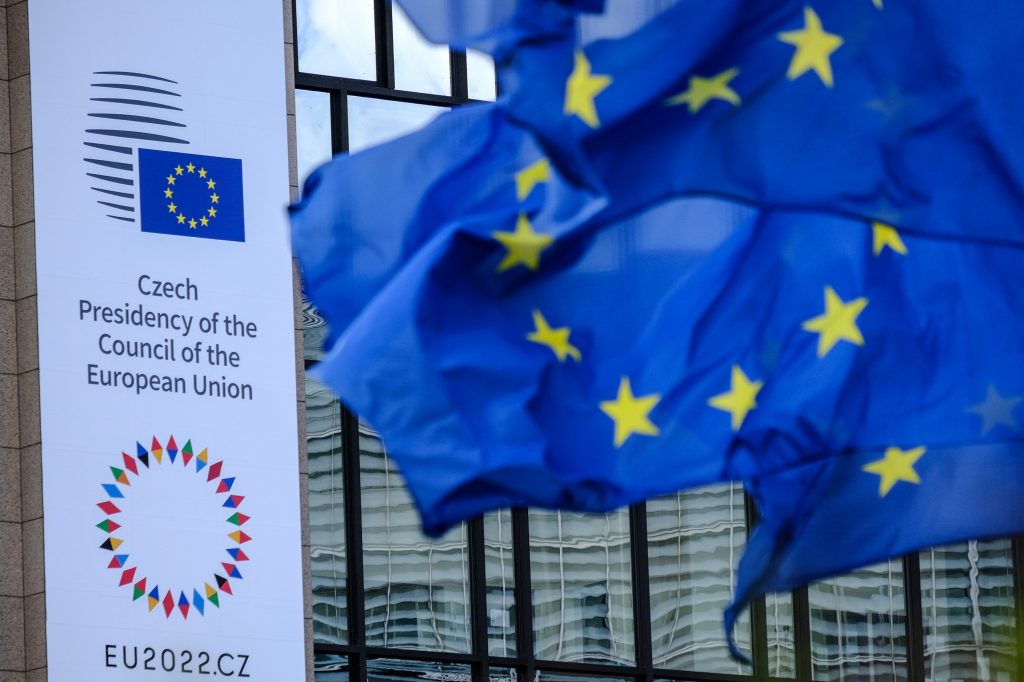
A 45 billion euro ($46.6 billion) plan to finance chip production was approved by EU member states on Wednesday, moving the 27-nation bloc closer to its objective of reducing its reliance on American and Asian manufacturers.
The European Commission’s revised proposal was backed by all EU envoys, according to the Czech Republic, which is currently in the rotating EU presidency, according to Reuters.
On December 1, European Union ministers will gather to approve the chip proposal, which must still be discussed with the European Parliament before it can become law.
The EU executive came up with its proposal after a global chip shortage and supply chain bottlenecks hit car makers, healthcare providers, and telecoms operators. The EU executive is hoping that state subsidies will help the bloc achieve a 20% share of global chip capacity by 2030.
Europe’s share of chip production stands at 8%, down from 24% in 2000.
The envoys modified the Commission’s proposal, allowing state subsidies for a wider variety of chips rather than simply the most sophisticated ones. The incentives will include chips that offer advancements in artificial intelligence, energy efficiency, environmental benefits, and processing power.
According to an EU document seen by Reuters, EU nations also sought to limit the Commission’s authority, the EU executive, by stating that its requests for information from companies during a crisis had to be reasonable and security-related.
EU lawmakers still face the task of thrashing out funding for the project, the document said.
Some EU nations expressed concern that the Commission’s allocation of funds from research programs and unspent funds from other programs could unfairly benefit nations that already have chip manufacturing facilities or are poised to attract chipmakers.












